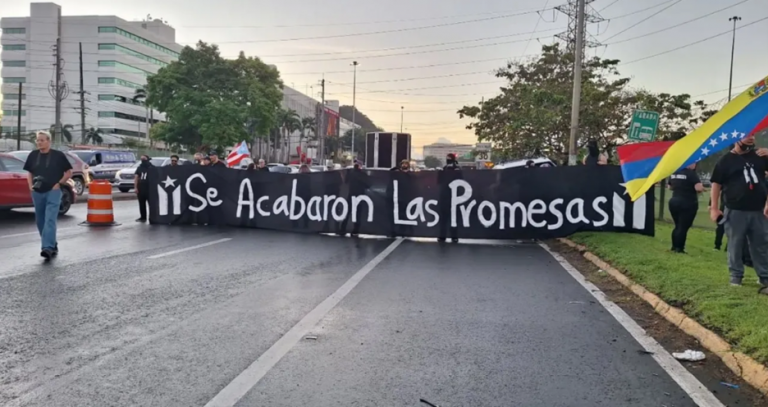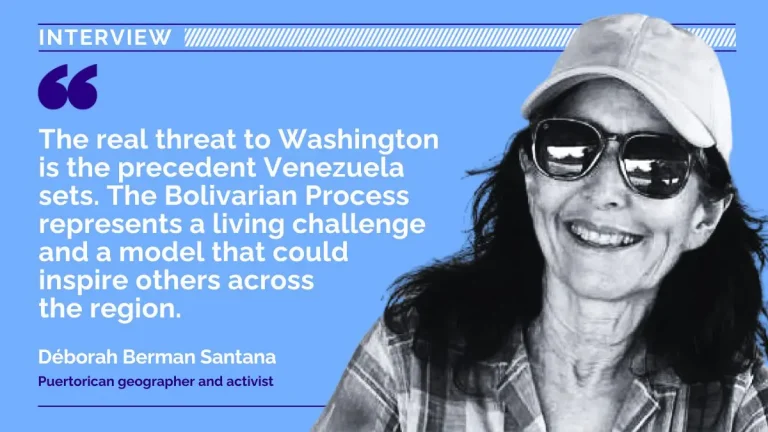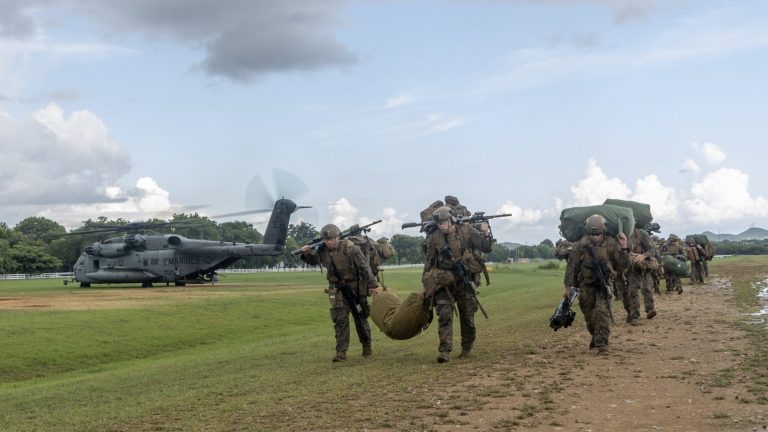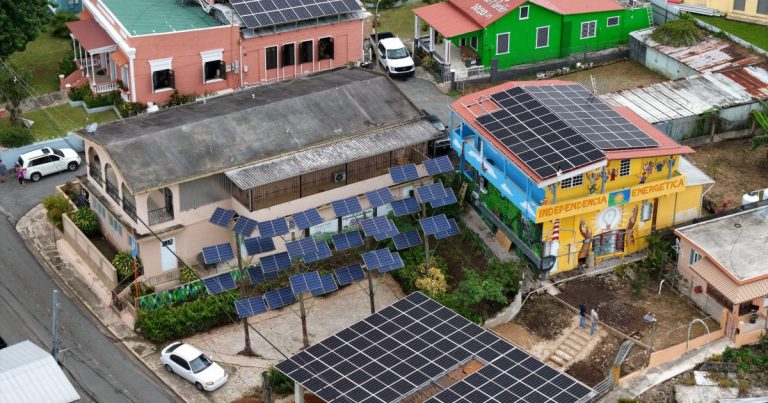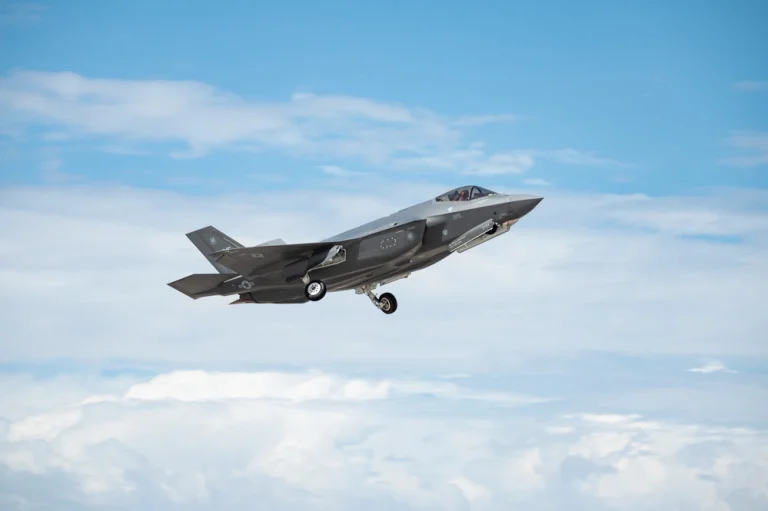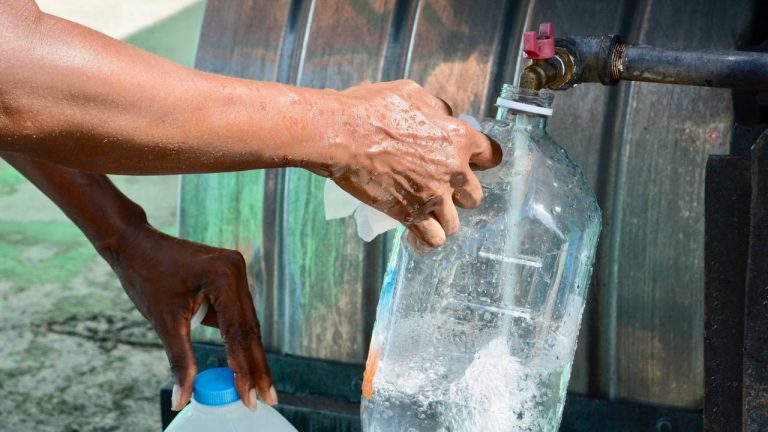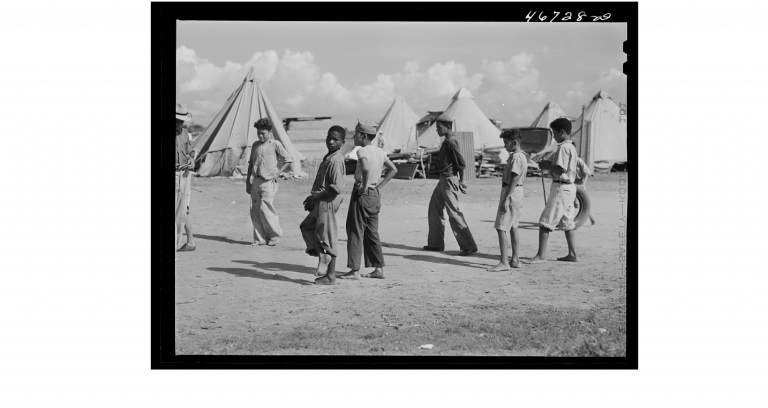No To The Re-Militarization Of Puerto Rico
We are now on the threshold of a new year, and for the Puerto Rican people, it means a renewal of our struggle for independence and sovereignty. With renewed vigor, we may resume the battle against the militarization of our archipelago.
In 2003, we were able to expel the most powerful naval force in the world, the U.S. Navy, after four years of relentless struggle. The entire population, regardless of political beliefs, bravely united, facing beatings and arrests at the hands of U.S. security forces. The people were determined to close the bases that stored deadly weapons and from which the Navy bombed the pristine beaches of our small island of Vieques, sowing pain, disease, and death among its inhabitants.

